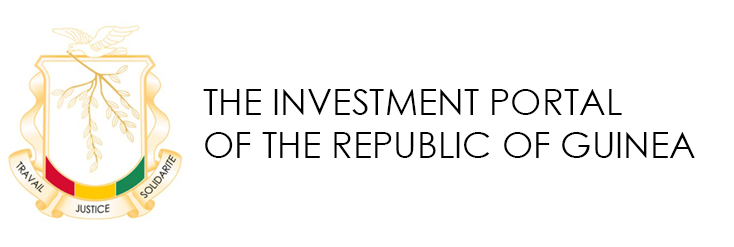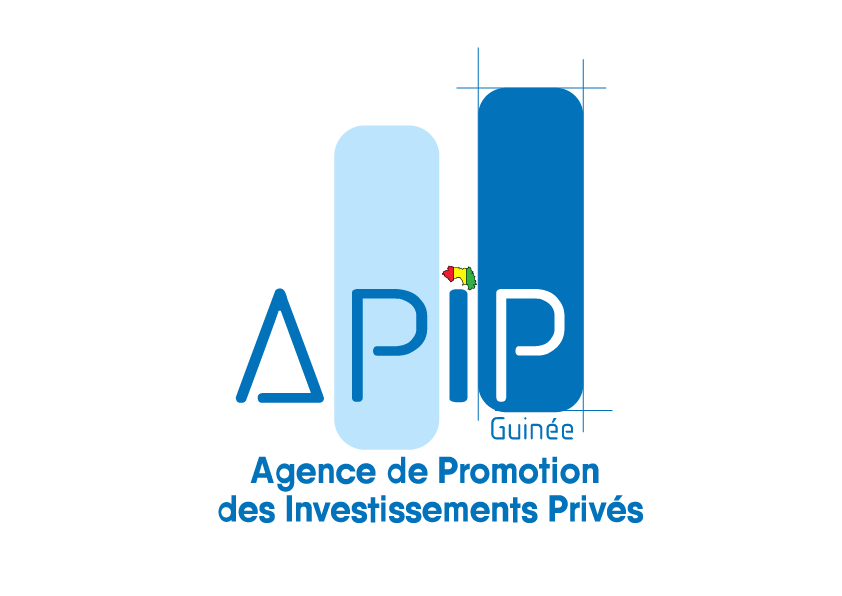INVESTMENT CODE
The new Investment Code adopted in May 2015 is the anticipation of the national investment policy. The objective of this Code is to promote investment and improve the competitiveness of the Guinean economy. It grants preferential treatments to investors through tax and customs advantages during the startup and operational phases (Ref. Finance Act 2014). To benefit from such incentives, investors should operate in sectors eligible and must meet certain conditions.
1. Sectors eligible
Businesses in the following sectors are eligible:
§ Primary sector: agriculture, livestock farming, fisheries, forestry and conservation of fruit and vegetables, animal or fish sourced-food products;
§ Production and processing of local resources;
§ Tourism sector and related activities, information and communications technology (ICT), social housing units, sanitation and treatment of urban and industrial waste;
§ Road, port, airport and railway infrastructure;
§ Healthcare sector, education, assembly line, industrial equipment maintenance, teleservices, and freight, air and maritime transport systems;
§ Arts and crafts.
2. Prior Conditions to preferential treatments
To be eligible for preferential treatments, a business must be registered in the Trade Register (RCCM) and must produce a certificate of good standing. A business starting or expanding its activities may also benefit from preferential treatments once it fulfills the following conditions:
§ For a new business, the investment amount must be equal or greater than GNF 200 million and must create at least 5 permanent national jobs;
§ For business expansion, the investment must increase the production volume of goods and / or services or must add 35% new permanent national jobs at least.
The preferential tax regime is applicable on territory of the Republic of Guinea divided into two zones (A and B).
Zone A comprises the Region of Conakry and the prefectures of Coyah, Forécariah, Dubréka, Boffa, Fria, Boké and Kindia.
Zone B covers the rest of the country.
3. Investor rights and protection
Under the Code, foreign investors are allowed to hold up to 100% of the share capital of their business on territory of the Republic of Guinea except for restricted sectors.
Foreign investors have the same rights and receive similar treatment as domestic investors unless otherwise specified.
All investors legally established in Guinea are free inter alia to:
a) Acquire property, rights and concessions as well as enjoy such assets and vested interests;
b) Transfer abroad without prior authorization and in any currency their funds, after-tax profits, dividends etc. subject to tax payment;
c) Freely choose any technical, industrial, commercial, legal, social and financial management style;
d) Partake in tenders for any public procurement;
e) In accordance with the Guinean legislation, adopt any human resources management policy and freely recruit staff.
Investors are given strong guarantee against any measure of nationalization and expropriation of their companies, except for reasons of public utility after a legitimate and prior compensation.


